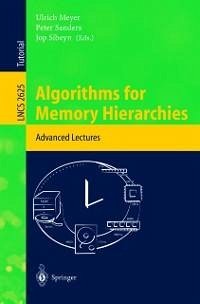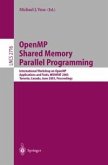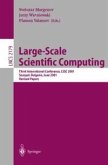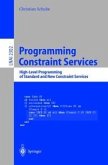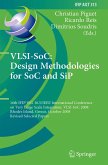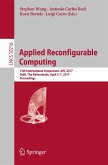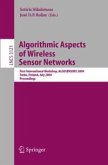Algorithms that have to process large data sets have to take into account that the cost of memory access depends on where the data is stored. Traditional algorithm design is based on the von Neumann model where accesses to memory have uniform cost. Actual machines increasingly deviate from this model: while waiting for memory access, nowadays, microprocessors can in principle execute 1000 additions of registers; for hard disk access this factor can reach six orders of magnitude.
The 16 coherent chapters in this monograph-like tutorial book introduce and survey algorithmic techniques used to achieve high performance on memory hierarchies; emphasis is placed on methods interesting from a theoretical as well as important from a practical point of view.
The 16 coherent chapters in this monograph-like tutorial book introduce and survey algorithmic techniques used to achieve high performance on memory hierarchies; emphasis is placed on methods interesting from a theoretical as well as important from a practical point of view.
Dieser Download kann aus rechtlichen Gründen nur mit Rechnungsadresse in A, B, BG, CY, CZ, D, DK, EW, E, FIN, F, GR, HR, H, IRL, I, LT, L, LR, M, NL, PL, P, R, S, SLO, SK ausgeliefert werden.

